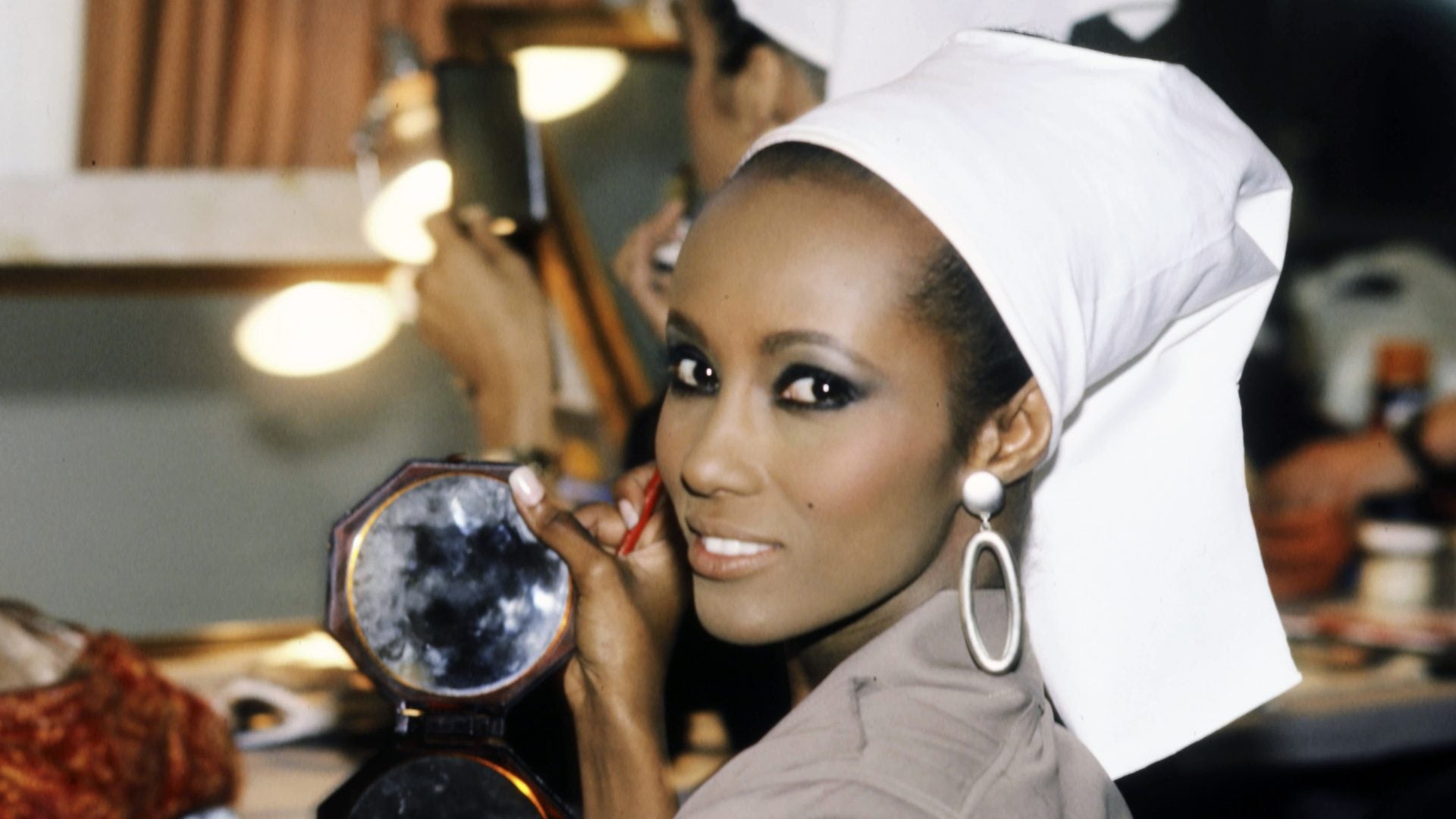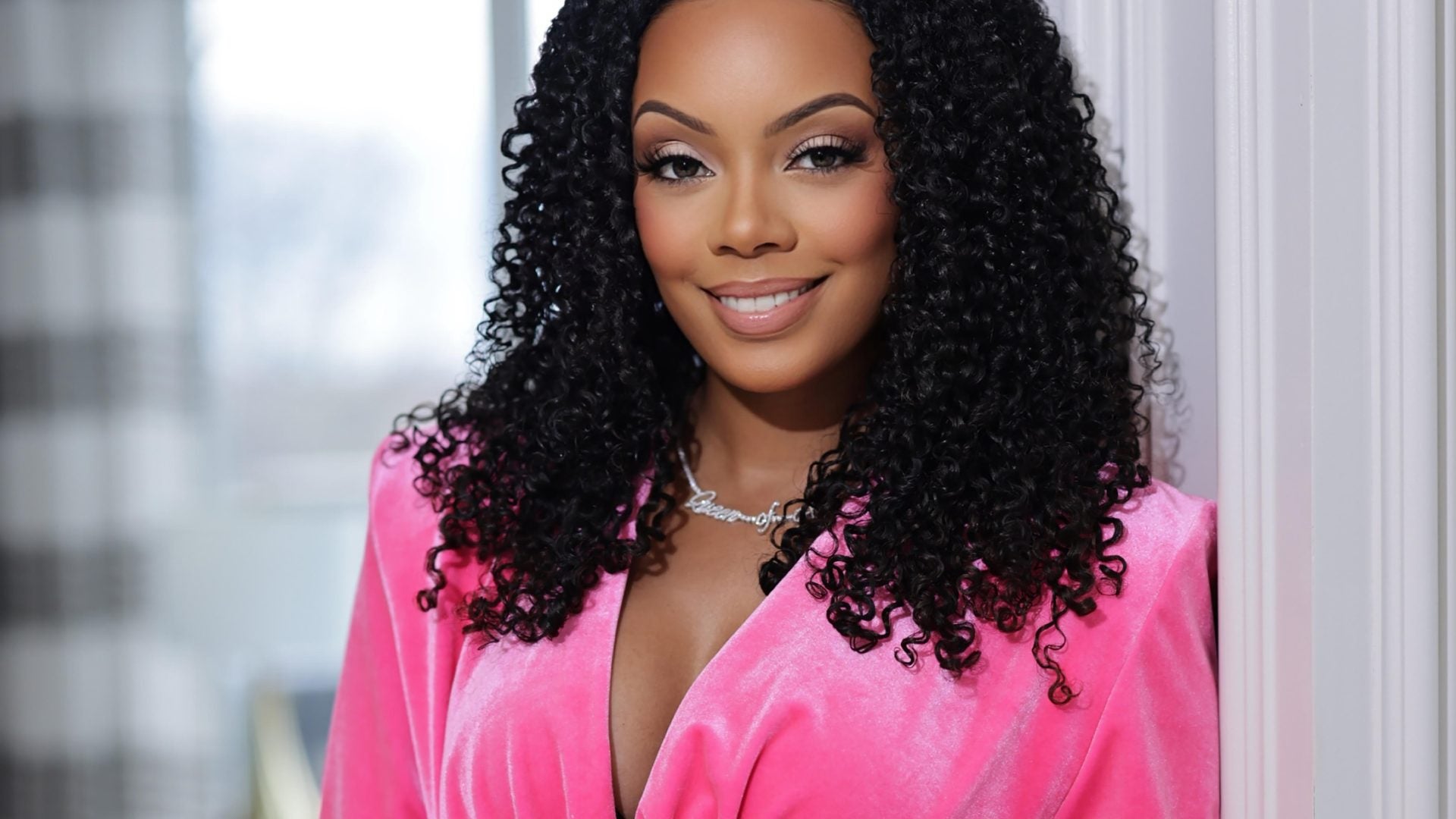
Perfection is an addictive beauty ideal we’ve all fallen victim to. This is evident in everything from our medicine cabinets filled with “anti-aging” skincare, to the normalization of Botox parties. Furthermore, we’re even seeing this in horror films (think: The Substance)—exposing our insatiable thirst to dissect and relinquish our perceived flaws.
This season, however, perfection is an outdated trend. Wabi-sabi—a Japanese world view characterized by finding beauty in imperfection—is rising in makeup as a necessary antithesis to perfection anxiety. While cosmetic surgery enters its “Undetectable Era” as a response to clockable tweakments, the makeup world is questioning whether beauty exists in perfection at all.
“Don’t stress over imperfection. Embrace it. Relaxed, lived-in makeup feels more real, more authentic,” MAC Senior National Artist Fatima Thomas tells ESSENCE. “Things that are slightly off, like a little smudgy or a tad uneven can actually be quite visually pleasing.”
Below, Thomas explains the impact of Wabi-sabi beauty and her pro techniques to achieve the look.
The rise of Wabi-sabi makeup
“A lot of people are embracing a less strict approach to makeup,” Thomas says. “When you’re less worried about every line being perfect, every blend being perfect, you can actually enjoy applying and wearing your makeup more.” With beauty hacks, like showering after a beat to set your look with steam or sleeping in eyeliner for a soft grunge aesthetic, “Wabi-sabi allows for more freedom and self expression.”
Why now is the perfect time embrace this mindset
“Do you really need to spend an extra 10 minutes getting your eyeliner picture perfect, or is it good enough already,” she questions. “After enduring a pandemic, and global inflation, people don’t want to be stressed out about their makeup,” she continues, as TikTok’s viral “dopamine menu” trend turns beauty into a form of therapy. “Wabi-sabi is about doing your best, and if it’s a little wobbly, it’s all good.”
What does imperfect makeup look like?
With airbrush and editing apps warping our view of attainable beauty, “I believe [imperfection] is a pushback or backlash to digital filters and Photoshop,” she says. “It can be intentional or happenstance, but it’s letting go of the urge to rush in and perfect everything to look Photoshopped.”
According to Thomas, the wabi-sabi approach is more about philosophy than any specific look. However, the key to imperfection is nuance: “Do your make up quickly and hold back from fixing small imperfections.”





